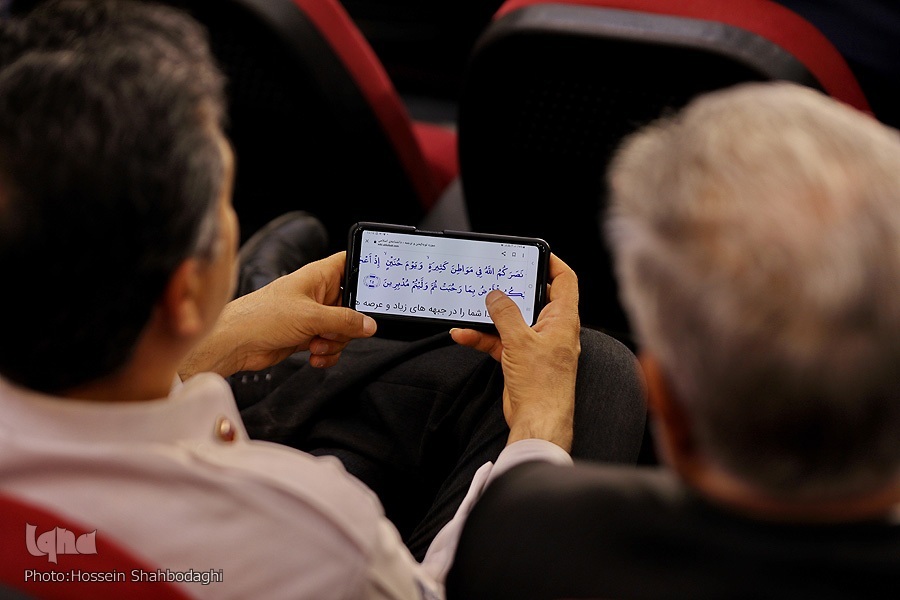Why Does Islam Emphasize Nurturing?

Education in Islam is approached from two perspectives. Firstly, it draws on philosophical principles, ethics, epistemology, and practical guidance for education. For instance, according to Plato, education should encompass rational, emotional, and volitional aspects to foster human development.
Secondly, Islam takes an analytical perspective, advocating for the discussion, review, and renewal of concepts and theories in education. For instance, the trainer-trainee relationship is viewed as a two-way flow, with the coach guiding talents toward a final goal.
While acknowledging the contributions of philosophers like Plato and Aristotle, Islamic education asserts that without the truths offered by Prophet Mohammad (PBUH), knowledge would be forever closed to humanity.
Islamic education aims to shape individuals into immortal beings through the development of capacities, ultimately leading them to a position of servitude. Attaining "Hayat Tayyaba" (pure life) is a central and crucial goal in Islamic education, and this pure life will persist beyond death.
Read More:
In this educational framework, individuals are considered beings who must cultivate their abilities and channel their emotions to develop a strong will for decision-making, thus achieving a pure life.
The presence of a mentor is deemed essential to assist in managing emotions and guiding individuals toward their perfection.


